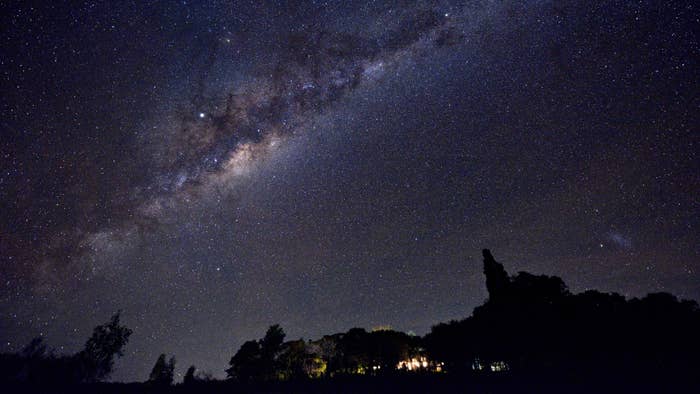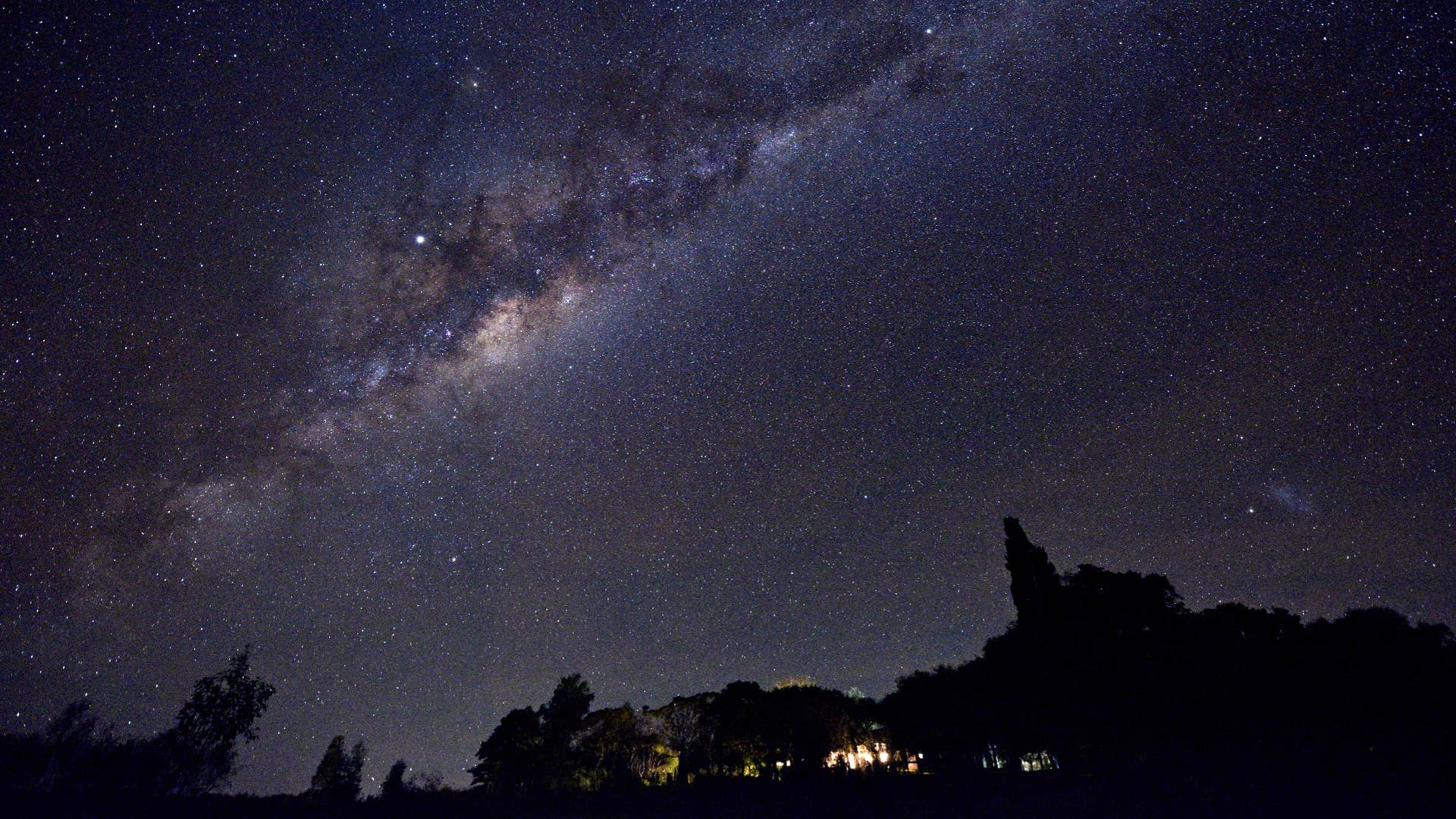
Scientists have found signs of what could be the first-ever planet located outside of our galaxy, BBC News reports.
The potential discovery was made by NASA’s Chandra X-Ray Telescope, which is used to observe transits, an instance in which a planet passes in front of a star, causing a considerable dimming in brightness. This technique was primarily used to detect exoplanets inside the Milky Way, but the team’s latest finding clearly represents a break from the norm.
This particular transit lasted about three hours, and decreased X-ray emissions from the star to zero. The data collected by astronomers leads them to believe that this potential planet is around the size of Saturn, and located in the Messier 51 galaxy, nearly 28 million light-years away from the Milky Way.
The dimming was originally thought to be caused by a cloud of gas and dust passing in front of an X-ray source, but scientists later determined that the instance didn’t align with characteristics previously observed from a gas cloud. Still, researchers acknowledge that more data is required, but that’s where a new challenge arises.
“Unfortunately to confirm that we’re seeing a planet we would likely have to wait decades to see another transit,” co-author Nia Imara said. “And because of the uncertainties about how long it takes to orbit, we wouldn’t know exactly when to look.” This potential planet’s large orbit means another opportunity to verify their interpretation may not occur for about 70 years.
“We know we are making an exciting and bold claim so we expect that other astronomers will look at it very carefully,” co-author Julia Berndtsson added. “We think we have a strong argument, and this process is how science works.”

